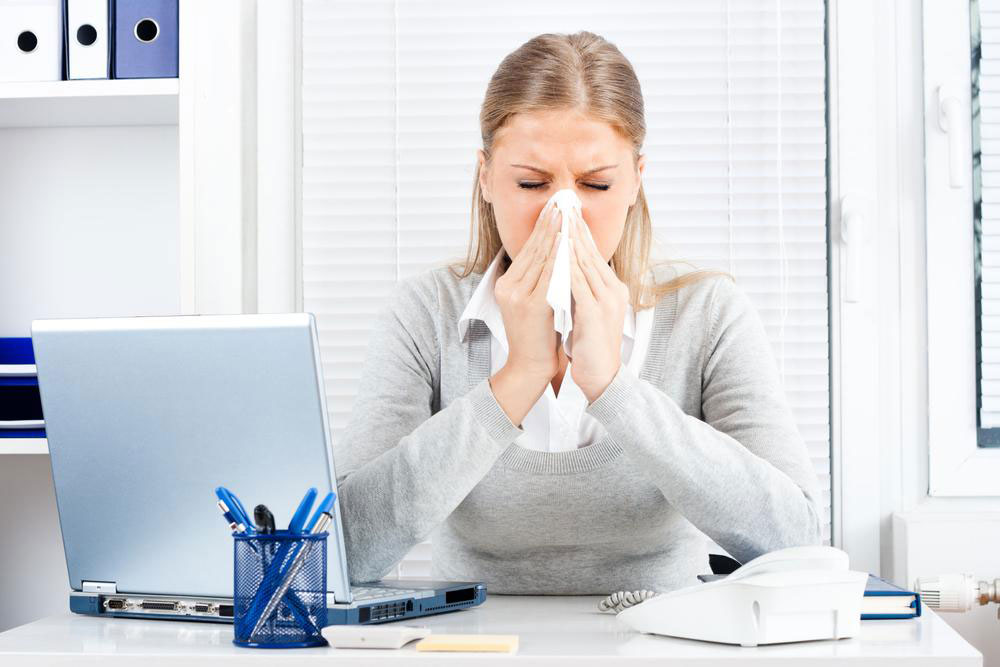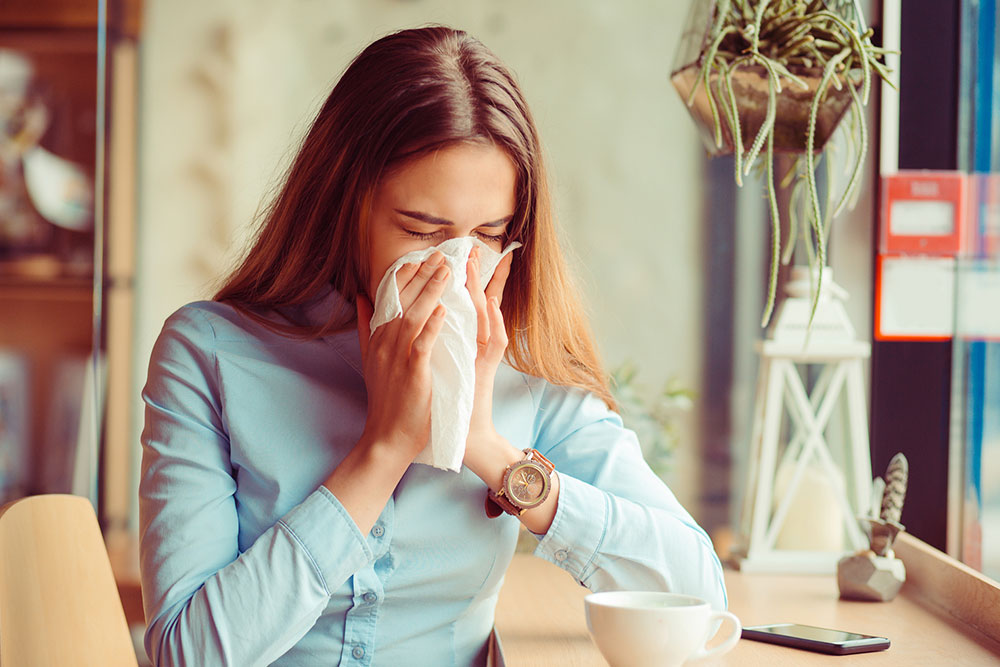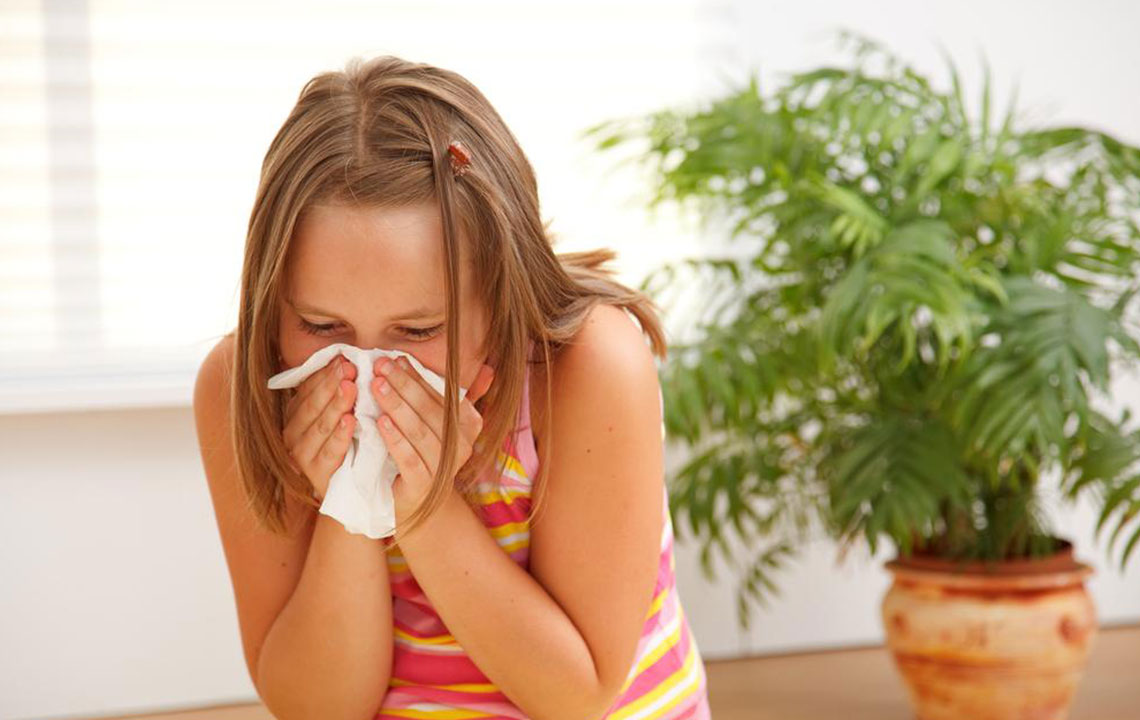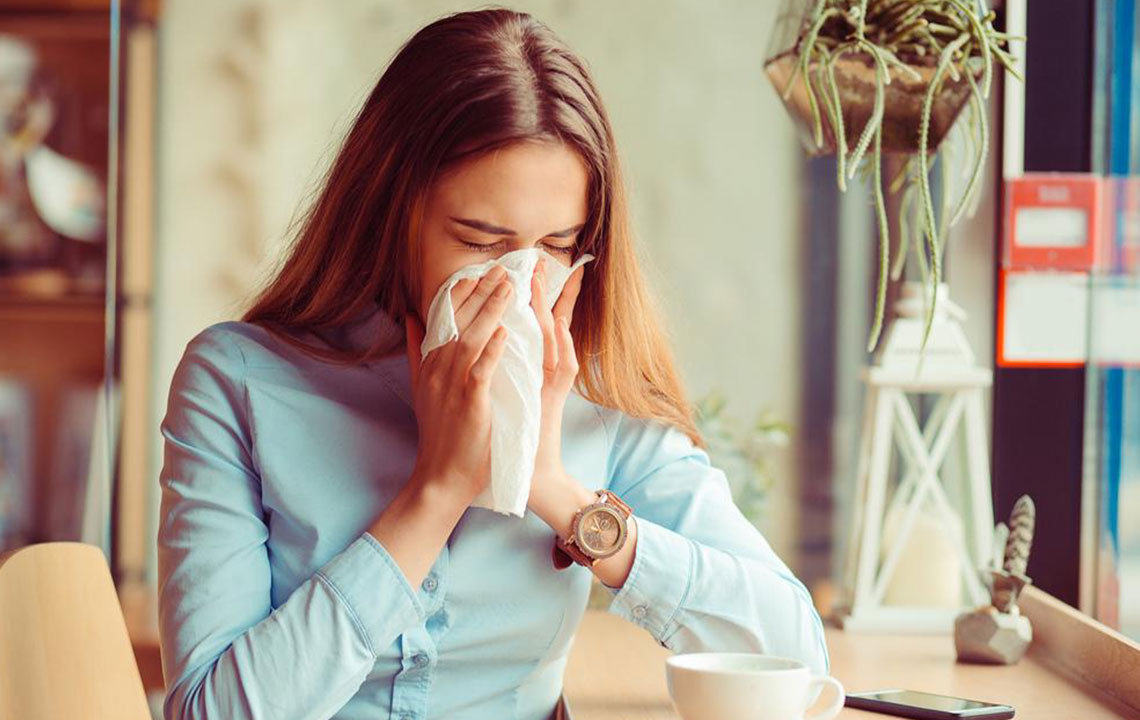Comprehensive Guide to Allergies: Causes, Symptoms, and Effective Management Strategies
This comprehensive guide explores allergies, detailing causes, symptoms, and modern management techniques. It offers practical advice on preventing and treating common allergies like pollen sensitivity and tips for a healthier, allergy-free life. Perfect for allergy sufferers seeking thorough, expert advice.

In-Depth Insights into Allergies: Frequently Asked Questions and Practical Tips
Understanding Allergies: An Essential Guide for Better Health
Our bodies function as intricate systems with interconnected parts that work in harmony to maintain health. Among these, the immune system acts as a crucial defender, protecting us from harmful invaders like bacteria and viruses. Under normal circumstances, the immune system produces antibodies that identify and neutralize pathogens, ensuring our well-being. However, problems arise when the immune system becomes hypersensitive and reacts to harmless substances as if they were threats, leading to allergic reactions.
These allergic responses are manifestations of immune overreactions to benign environmental factors, and understanding their mechanisms is vital for effective management. Allergies have become increasingly common worldwide, impacting millions of people of all ages. Recognizing the symptoms, causes, and treatment options for allergies can significantly improve quality of life and prevent severe complications.
Allergic reactions, if untreated, can cause significant discomfort and health issues. This comprehensive guide explores various allergy types, their causes, symptoms, and effective management techniques to help you live a healthier, allergy-aware life. Whether you experience seasonal allergies or persistent sensitivities, understanding your condition is the first step toward relief and prevention.
What exactly is an allergy?
The human immune system strives to defend the body by producing specialized proteins called antibodies, which identify and target harmful microorganisms like bacteria and viruses. These antibodies help prevent infections and keep the body healthy.
However, at times, the immune system becomes misguided and perceives harmless substances—such as pollen, pet dander, dust mites, or certain foods—as threats, initiating an immune response that leads to allergy symptoms.
This immune response involves the release of chemicals such as histamine, which cause inflammation and the classic allergy symptoms—itchiness, swelling, mucus production, and more.
The severity of allergic reactions varies widely; some individuals experience mild discomfort, while others may face life-threatening conditions like anaphylaxis. Symptoms can include sneezing, coughing, nasal congestion, watery eyes, skin rashes, and digestive issues.
What are the main causes of allergies?
Allergies result from the immune system misidentifying harmless environmental substances as dangerous invaders. Common allergens include pollen, mold spores, pet dander, dust mites, certain foods, insect stings, and medications.
Repeated exposure to these allergens prompts the immune system to produce specific antibodies called Immunoglobulin E (IgE), which are responsible for allergy symptoms upon subsequent encounters.
Individuals with a family history of allergies, those suffering from asthma, or children with limited sunlight exposure are at increased risk of developing allergies.
Understanding Pollen Allergies: Hay Fever
Pollen allergy, commonly known as hay fever, is one of the most prevalent allergic conditions worldwide. It occurs when the immune system reacts to pollen particles dispersed by plants during certain seasons.
Pollen disperses mainly during spring, summer, and fall, making exposure unavoidable for many outdoor enthusiasts. These particles are microscopic and often invisible to the naked eye, yet they can trigger significant allergic responses.
Key symptoms of pollen allergy include:
Frequent sneezing and nasal congestion
Itchy, watery eyes, nose, mouth, and ears
Redness and swelling around the eyes
Mucus buildup leading to a runny nose
Coughing and throat irritation
If you experience persistent or severe allergy symptoms, consulting a healthcare professional is highly recommended. Proper diagnosis and tailored treatment plans can effectively manage symptoms and improve daily comfort.
Effective management and treatment options for pollen allergies include:
Antihistamines are widely used to block histamine release, thereby reducing symptoms like sneezing, itching, and runny nose.
Decongestants can alleviate nasal stuffiness and improve breathing difficulties during allergy seasons.
For individuals with severe allergies, a combination of antihistamines and decongestants might provide better relief, often prescribed by a healthcare provider.
Immunotherapy, through allergy shots with controlled doses of allergens, can gradually desensitize the immune system and reduce sensitivity over time.
Lifestyle adjustments, such as installing HEPA air filters, using nasal irrigation (like a neti pot), and maintaining clean indoor environments with dehumidifiers, can help minimize indoor allergens and improve overall comfort.
Living with allergies requires an integrated approach combining medication, environmental control, and awareness of triggers. Regular consultation with healthcare professionals ensures optimal management tailored to individual needs.
By understanding the underlying mechanisms and adopting effective strategies, individuals can significantly reduce allergy symptoms, enjoy outdoor activities, and maintain overall health throughout allergy seasons.
Allergy management, allergy relief, seasonal allergies, allergy treatment, immune response





